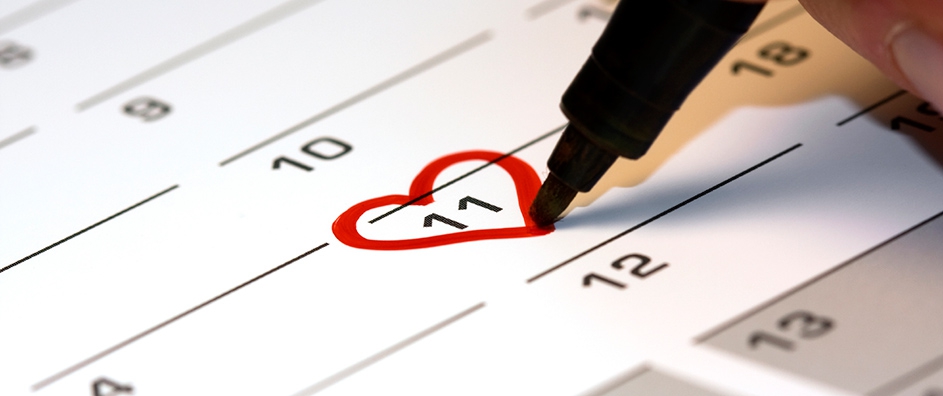The views expressed in our content reflect individual perspectives and do not represent the authoritative views of the Baha'i Faith.
I recently had a couple tell me it was impossible to plan a wedding that cost less than $30,000. This had caused them to have very high stress levels for the planning and the financial outlay they faced.
So, let’s think about this together: what’s really important during wedding planning? Is it the style of the dress or the color of the napkins? Can you possibly keep the ceremony and the whole process simpler? Consider this: could your wedding actually increase your knowledge of and connection to one another and your families?
Planning for a wedding can also help you plan your marriage—beyond just the ceremony that links you together:
…the union must be a true relationship, a spiritual coming together as well as physical one, so that throughout every phase of life, and in all the worlds of God, their union will endure; for this real oneness is a gleaming out of the love of God. – Abdul-Baha, Selections from the Writings of Abdu’l-Baha, p. 117.
While planning your wedding, you can learn more about each other and strengthen your skills with:
- Celebrating an event
- Handling stress
- Interacting with and including family members
- Remembering to prioritize the spiritual aspects more than the material ones
- Spending money
- Consulting through all the decisions
- Handling loss and grieving, as your lifestyles, living location, and relationships with others change
- Creating a new family culture
- Planning together
In some cultures, the engagement period can become a whirlwind of wedding planning—but part of the purpose of an engagement period is to continue to get to know one another better. When you get engaged, be sure you come to know more about one another’s character, and work together to build unity amongst your families. That’s challenging when so many wedding details present themselves. So instead of focusing solely on the ceremony and the celebration, try focusing on the longer-term challenge:
Baha’i marriage is the commitment of the two parties one to the other, and their mutual attachment of mind and heart. Each must, however, exercise the utmost care to become thoroughly acquainted with the character of the other, that the binding covenant between them may be a tie that will endure forever. Their purpose must be this: to become loving companions and comrades and at one with each other for time and eternity…. – Ibid., p. 118.
Here are a few simple suggestions to stay connected and committed to one another:
* Find a way to pray together every day, or as often as possible, even if it is over the telephone. Of course, praying daily on your own and reading scripture will help you individually too.
* Discover a service project you could do together weekly that would not take much time. When you do work in the spirit of service to others, you can discover your higher purpose.
* Look for ways to build a loving community amongst those helping you create your wedding and those who will be attending it.
* Be loving and honest with family members; firm as needed, but not confrontational. Look for and acknowledge the best in one another and find ways to honor and respect each other. Remember that unity is more important than being right.
Throughout the process of wedding planning, remember that planning your marriage is a higher priority. A wedding is a transitional event to prepare for, but the quality of your marriage will be far more important over time. Consider spending time together on activities like these:
- Building your communication and decision-making skills
- Reading and discussing books about marriage
- Envisioning what daily married life will be like for you
- Making commitments to carry out actions that will keep it happy and strong
It will benefit your marriage when you strengthen your relationship during your engagement. It will benefit you even more if you look forward to and consciously plan for a happy, unified marriage.
You May Also Like
Comments

















I’ve lost your contact. Please connect with me on my Facebook or LinkedIn account: Joyce Nai.
Miss ya.
Regards,
Joyce Nai